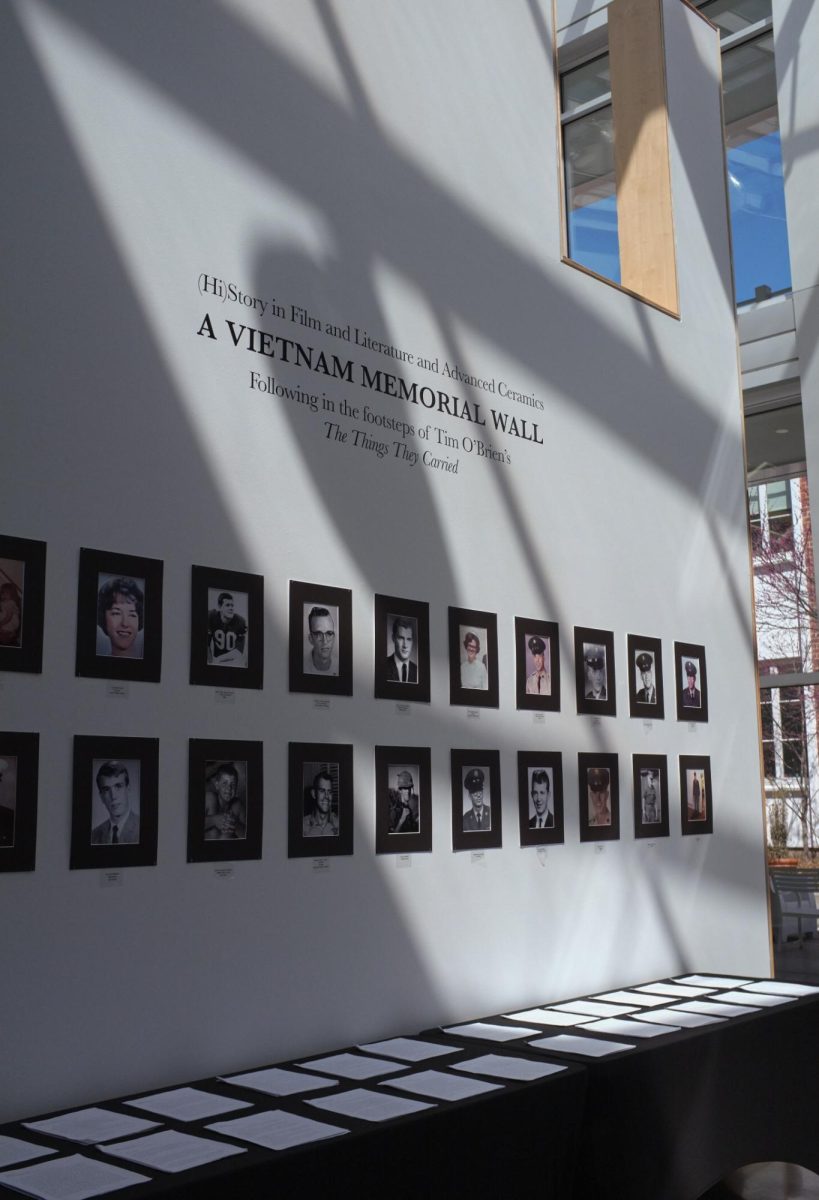
From the 2024-2025 school year onward, the Princeton Day School Community Council has decided to enforce a stricter phone policy in classrooms and certain spaces to improve students’ learning. Many news outlets have reported how phones commonly hinder students’ learning, with the New York Times noting, “More than 70 percent of high school teachers say student phone distraction is a major problem.” The constant social media and text message notifications can impair learning, creating nomophobia, a fear of not having access to one’s phone. In addition, with the growing division between Americans in the current day and age, it is crucial for younger generations to stay connected and learn to converse civilly and take in each other’s opinions respectfully.
Schools are places for learning and socializing, and phones defeat the purpose of these institutions. That is precisely why the PDS community council has decided to pass a new phone policy and update the Upper School Handbook with it as well: “Smartphones are prohibited during classes and assemblies unless explicit permission is granted by faculty. Smartphones are also prohibited in Shepherd Commons during school hours. Faculty may require students to store their smartphones in designated containers; otherwise, smartphones should be stored in lockers or backpacks” (31).
Many students have varying opinions on this new policy, with Sophomore Eddie Letko commenting, “I understand why they added this policy. I saw students with phones everywhere last year, so it’s probably better for students to actually pay attention in class.”
Senior Ian Nagelberg likes that students cannot be on their phones in class anymore because it distracts him and other students. However, in addition to praise, there is also criticism Ian and other students have given. Ian argues, “I feel like every teacher I have doesn’t make kids put their phone in the holder. Nevertheless, I feel like it’s not a problem because I don’t think many students are on their phones, anyways.” I hope moving forward we can improve our enforcement of the policy.
Meanwhile, Freshman William Broeker has a suggestion for Shepherd Commons, a phone-free space: “There needs to be a clock in Shepherd since you get your phone taken away for checking the time.” To combat this problem, other students recommend regularly wearing watches.
Faculty also have some thoughts on this new policy, with Mr. Hunt, a history teacher in the US History Department, using research along with several testimonies to give his personal opinion. Using a recent article in The Atlantic, he states, “Students, at even the nation’s best universities, are struggling to read a whole book…Over the years, a great number of students and parents have confessed to me how hard it is to decouple themselves from their phones…We should put our phones aside for the school day and focus on learning and each other while continuing to talk as a community about how to use/enjoy this technology outside of school in an informed and balanced way.”
Similarly, Dr. Gregory, a Latin Teacher in the Language Department, believes in the effects of the phone policy: “When it comes to the new phone policy, I find it to be the absolute bare minimum of what could be done…I believe the classroom should be a sacred space, free from the distractions of technology.” She uses her personal experiences with phones in the classroom, remarking that students have always found a way to distract themselves in the past; however, phones “take this to a whole new level.” Believing that classrooms should be spaces for human interaction and socialization, Dr. Gregory also wants PDS to focus on pedagogy–developing learning techniques that naturally engage students in ways that direct their attention.
When examining the phone policy in other departments, Mrs. Myser, Visual and Design Arts Teacher, has a unique perspective, seeing that her classes spend lots of time using technology: “I do find phones to be an important tool for classes, especially some like mine where technology is needed for filming or recording on a phone. Talking through the correct times for phones and the incorrect times used is integral to finding a balance of use and not just binge use of phones.”
Overall, both faculty and students agree that the new phone policy is needed and a great addition to the Upper School Handbook. It improves learning and promotes socialization and civil discourse in spaces such as Shepherd Commons. Hopefully, the policy will continue to be helpful for students and teachers in years to come.
Works Cited:
Singer, Natasha. “Why Schools Are Racing to Ban Student Phones.” The New York Times, 11 Aug. 2024, www.nytimes.com/2024/08/11/technology/school-phone-bans-indiana-louisiana.html.







